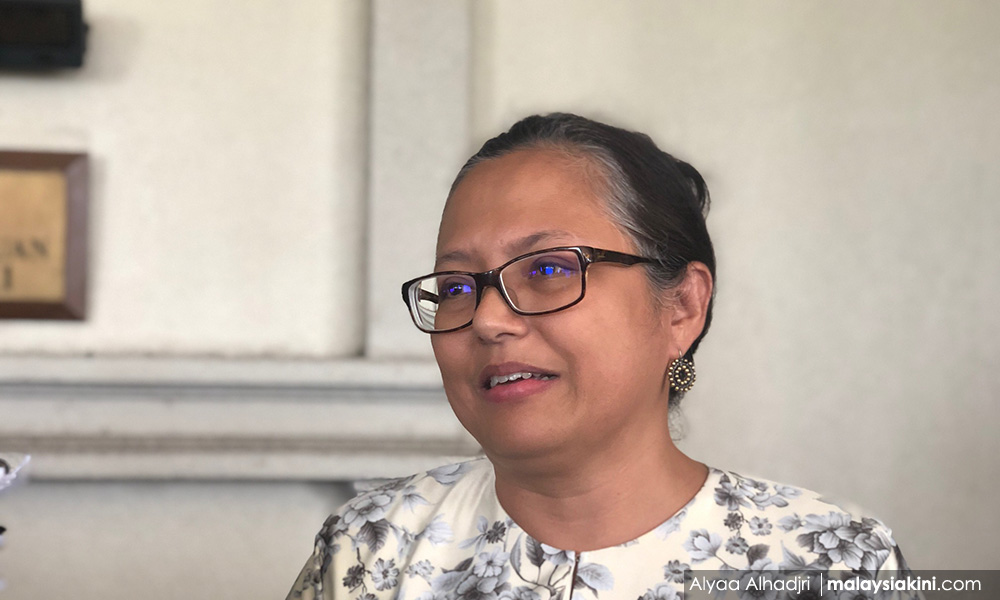The Federal Constitution is supreme and the state cannot overreach in the fatwa review issue, contended Sisters in Islam (SIS).
The Muslim women empowerment group said this in a media statement this afternoon that welcomed today’s earlier Federal Court verdict.
This morning, a nine-member apex court bench unanimously declared the Selangor legislative assembly has no authority to make enactments to empower the state’s Syariah Court to hear judicial reviews relating to decisions by state religious authorities.
Today’s verdict by the apex court - chaired by Chief Justice Tengku Maimun Tuan Mat - had allowed SIS’ application to challenge the validity of Section 66A of the Administration of the Religion of Islam (State of Selangor) Enactment 2003.
The enactment states that the Syariah High Court may, in the interest of justice, on the application of any person, have the jurisdiction to grant permission and hear applications for judicial reviews on decisions made by a council or committee carrying out the functions under the enactment.
SIS filed the application on Jan 21, 2020. It was made following the Kuala Lumpur High Court decision on Aug 27, 2020, which dismissed its judicial review against a Selangor religious authority’s 2019 fatwa that labeled the group as deviant.
In denying SIS’ legal challenge against the fatwa, the lower court had ruled that the civil court (which included itself) has no jurisdiction to hear matters pertaining to Syariah law, and that the group has the option to seek a fatwa review with the state Syariah Court.
The NGO this afternoon quoted its executive director Rozana Isa as saying that today’s apex court ruling is “proof that the Federal Constitution is supreme and the state may not overreach and exclude the judiciary in decision-making process”.

“With this matter now resolved, we can now focus on our pending appeal case in the Court of Appeal,” she said in reference to SIS’ appeal against the High Court dismissal of their legal challenge against the fatwa.
Rozana said that while the Federal Court judgment recognised judicial reviews as an inherent right of the civil courts, she said SIS was also cautious over the apex court ruling that the issue of the content of the fatwa was still under the purview of the Syariah courts.
“We still have a long way to go as SIS’ journey to maintain the right to speak on justice and Muslim women’s rights is far from over.
“Regardless, SIS will continue on to fight for Muslim women’s rights despite the challenges,” she said. - Mkini




No comments:
Post a Comment
Note: Only a member of this blog may post a comment.